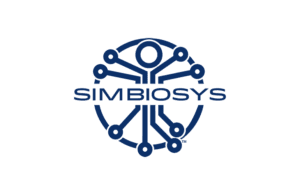 The developer of a cloud-based application for oncology care and research, SimBioSys, has raised $15 million in Series A funding. Genoa Ventures and Northpond Ventures led the funding round, which also involved AV8 Ventures, Heritage Medical Group, and Mayo Clinic.
The developer of a cloud-based application for oncology care and research, SimBioSys, has raised $15 million in Series A funding. Genoa Ventures and Northpond Ventures led the funding round, which also involved AV8 Ventures, Heritage Medical Group, and Mayo Clinic.
SimBioSys also announced that existing investors and its founders participated in the financing, raising a total of $21 million.
The company plans on using the funds for the development and commercialization of its TumorScope software platform. In particular, the company plans on using the funding to digitize and model treatment options for a number of solid tumors, including in breast cancer.
TumorScope is a cloud-based application that virtualizes cancer in three dimensions. The company reports that it can accurately simulate how a patient’s tumor will respond to a variety of therapies following diagnosis. “Simulating a response before prescribing treatment is a significant stride in personalized treatment planning,” said a company spokesperson.
The company was founded in 2018 by researchers at the University of Illinois Urbana-Champaign to explore the intersection between AI and biophysical simulations in oncology.
The company’s platform integrates AI with biophysical simulations to model a range of variables such as drug delivery, metabolism and spatial heterogeneity.
SimBioSys said the platform can assist with drug development across pre-clinical and clinical trials.
SimBioSys is currently collaborating with 20 cancer institutions to clinically validate its software.
One study published in the Journal of Clinical Oncology found that its software was 92% accurate in predicting the response to neoadjuvant chemotherapy in early breast cancer.
Co-founder and CEO of SimBioSys Tushar Pandey was researching strategies to reduce healthcare costs by helping providers understand and analyze the true cost of care. After his mother received a cancer diagnosis, he met Dr. Joseph Peterson and Dr. John Cole, who would join him in founding SimBioSys.